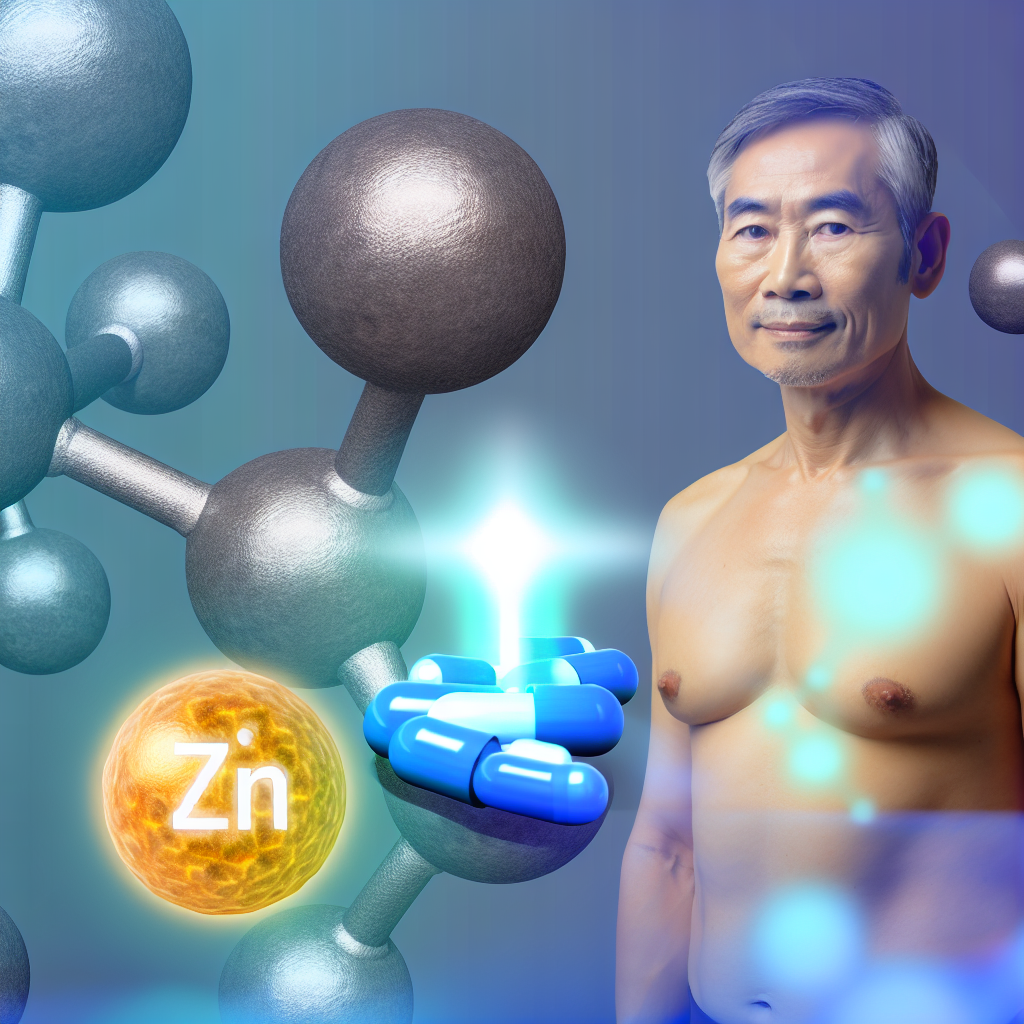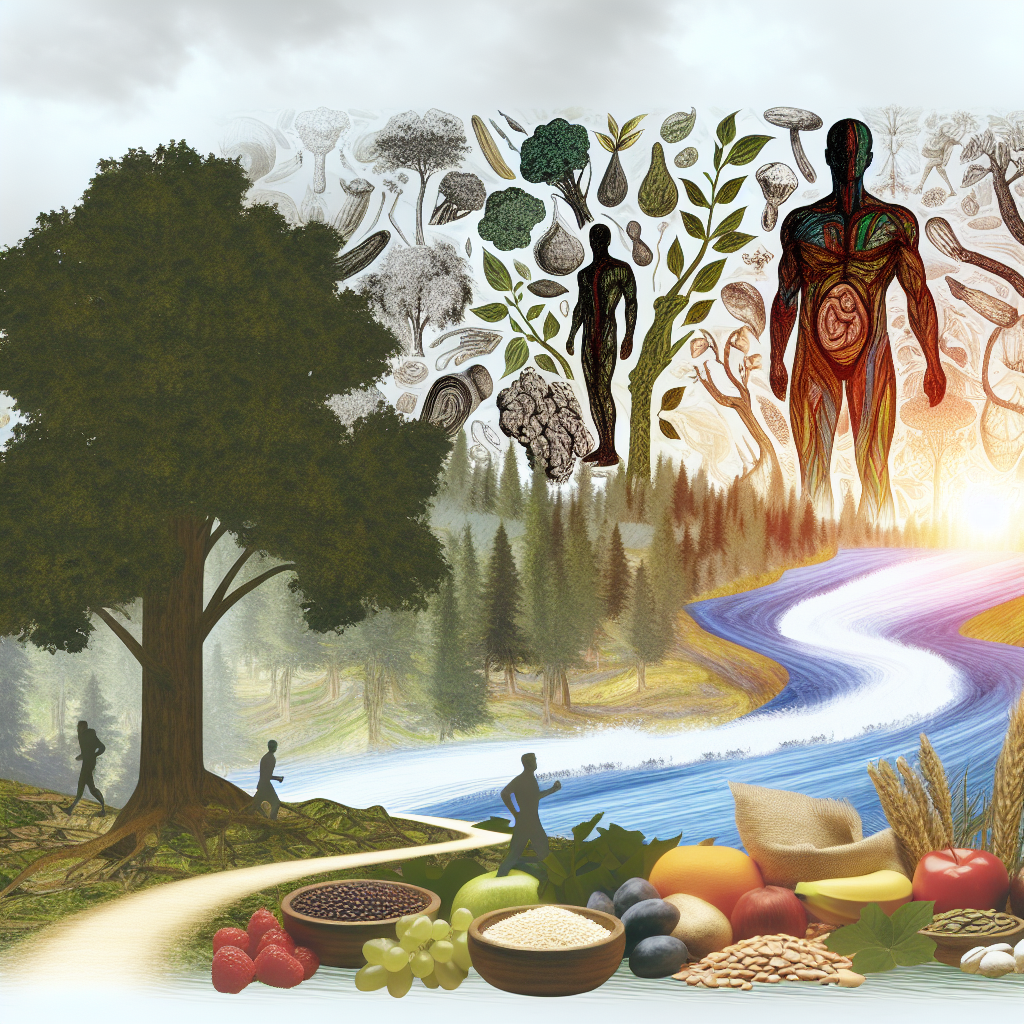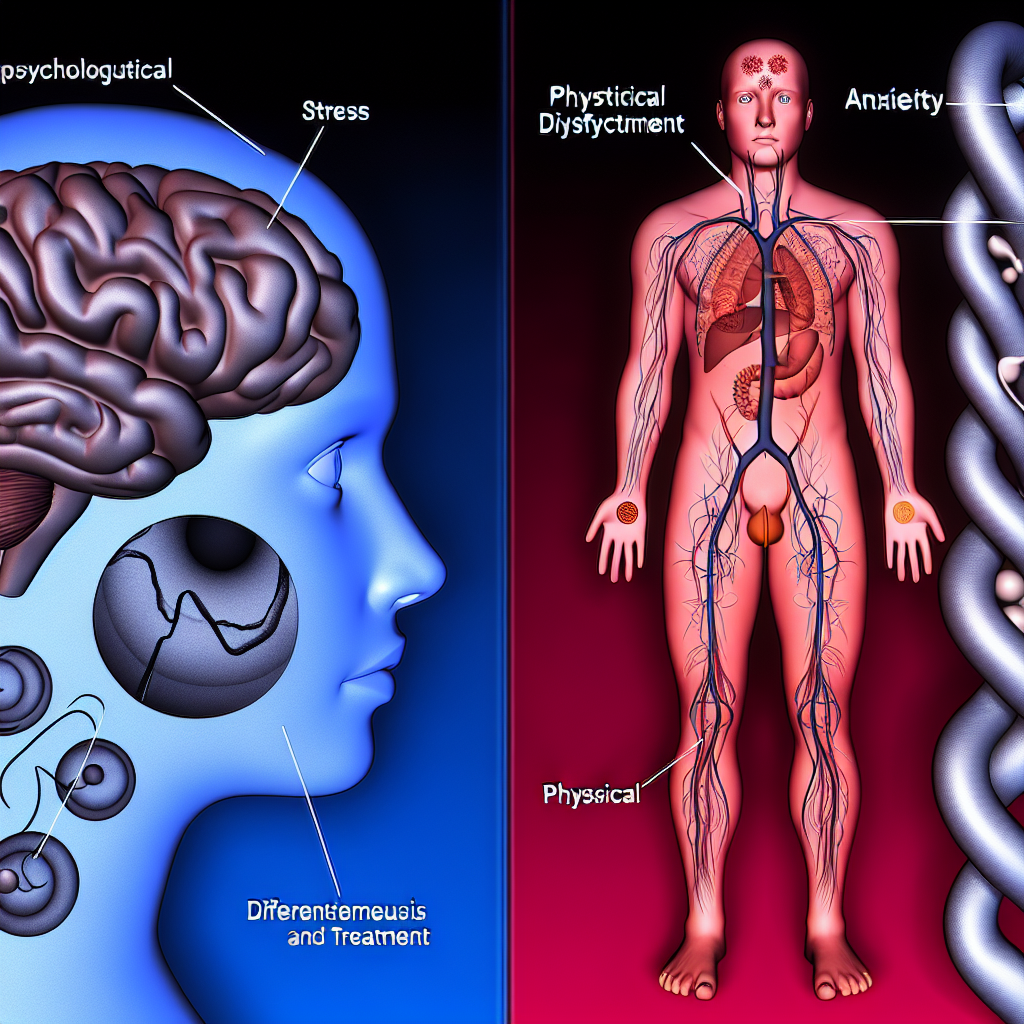Zinc for Testosterone: The Essential Mineral for Male Hormones
Introduction: Why Testosterone Matters More Than Ever
In the world of male health, testosterone is king. This powerful hormone influences everything from muscle mass and energy levels to mood, libido, and metabolism. As men age, or face health challenges, testosterone levels naturally decline. Unfortunately, this drop in hormone production can lead to fatigue, increased fat storage, reduced muscle strength, emotional imbalances, and lower sex drive.
Fortunately, there’s a natural and science-supported way to help: zinc. This essential mineral isn’t produced or stored in the body, so you must get it daily through diet or supplements. Worryingly, many men—especially teenagers, older adults, vegetarians, and those with digestive issues—fail to consume enough zinc, endangering vital hormone balance.
From triggering puberty to preserving energy and health deep into old age, zinc’s role in supporting testosterone cannot be overstated. This article explores how zinc boosts hormone function, what the latest research shows, and how every man can harness its benefits.
The Science Behind Zinc and Testosterone: What the Research Really Says
The link between zinc and testosterone has been confirmed in multiple well-respected studies.
One pivotal study published in the journal Nutrition found that young men on a low-zinc diet experienced a 75% drop in testosterone over just 20 weeks. On the contrary, older men with initial zinc deficiencies who received supplements saw their testosterone levels nearly double after six months.
Zinc works by supporting the hypothalamus-pituitary-gonadal axis, the key hormonal system responsible for stimulating the testes to produce testosterone. Low zinc disrupts this process, throttling hormone output.
Another significant study in Biological Trace Element Research revealed that male athletes supplementing with zinc were able to prevent exercise-induced testosterone drops, and even enhance their levels. For active men, this boost makes a noticeable difference in recovery, performance, and strength.
Moreover, zinc offers an antioxidant shield. By reducing oxidative damage, it protects Leydig cells—the cells in the testes that make testosterone. When these cells are compromised by inflammation or free radicals, testosterone production suffers. Zinc helps mitigate this damage, stabilizing hormonal output.
Zinc and Fertility: Improving Sperm Health and Reproductive Strength
Zinc isn’t just about testosterone—it plays a major role in male fertility. A comprehensive study published in Andrology found that men with higher zinc levels showed improved sperm count, motility (movement), and morphology (shape and structure). These characteristics are direct indicators of conception potential.
Optimal testosterone is tightly linked to sperm production. Supporting both with zinc creates a reproductive supercharge, especially helpful for couples trying to conceive.
Adolescents also benefit. A landmark 1996 study published in The Journal of Clinical Endocrinology & Metabolism showed that zinc supplementation initiated puberty in boys with growth delays due to deficiency. The results included increased testosterone and marked physical maturation.
Zinc for Every Age: From Puberty to Old Age
Zinc supports men through every stage of life.
– During puberty: It fosters testosterone surges, physical development, voice deepening, and muscle growth.
– In midlife: It helps preserve libido, endurance, and mental focus.
– In later years: It becomes essential for bone density, heart function, mood stability, and testosterone retention.
Older men face unique challenges, including reduced stomach acid that compromises zinc absorption, leading to deficiencies. Combined with the natural testosterone decline of 1% per year after age 30, this creates a ticking clock for men’s health. However, research shows that consistent zinc supplementation can improve physical performance, hormone balance, and cognitive clarity—even in men over 60.
Unfortunately, many modern diets are filled with processed foods that lack essential minerals like zinc. As a result, millions of men risk gradual hormonal decline that’s entirely preventable through better nutrition.
Easy Ways to Boost Your Zinc Intake Today
The easiest way to improve your testosterone naturally is by increasing zinc intake. Here’s how:
Eat more zinc-rich foods, including:
– Red meat (beef, lamb)
– Shellfish (especially oysters—the richest natural source of zinc)
– Pumpkin seeds
– Chickpeas, lentils, and beans
– Eggs
– Dairy products
– Whole grains, almonds, and cashews
If your diet falls short, consider a well-formulated supplement. Choose bioavailable types like zinc gluconate, zinc citrate, or zinc picolinate for better absorption. The recommended daily amount for men is 11 mg, but supplementation may vary based on deficiency, stress, or activity level.
Combine zinc with other nutrients like magnesium, vitamin D, and healthy fats to create a synergistic hormonal support system.
Conclusion: Zinc—Your Natural Ally for Testosterone and Male Vitality
Zinc is more than just a mineral—it’s the gatekeeper of male hormone health. Its role in testosterone production, fertility, energy, strength, and aging is backed by extensive research. Whether you’re in your teens or your seventies, prioritizing zinc can help you remain vital, resilient, and hormonally balanced.
Men don’t need to accept declining health as a given. By adding zinc-rich foods or supplementing strategically, you give your body the tools to thrive naturally. Before turning to hormone replacement, start with nutrition—zinc may be the missing link to your optimal health.
References
– Prasad AS, et al. Zinc status and serum testosterone levels of healthy adults. Nutrition.
– Mahmoud H, Zahra P. The effects of zinc supplementation on serum testosterone levels in athletes. Biological Trace Element Research.
– Fallah A, Mohammad-Esmaeil S, et al. Effect of zinc supplementation on sperm quality and testosterone. Andrology.
– The Journal of Clinical Endocrinology & Metabolism. Zinc Deficiency Delays Puberty and Affects Growth.
– NIH Office of Dietary Supplements – Zinc Fact Sheet for Health Professionals.
Concise Summary
Zinc is a critical nutrient for maintaining optimal testosterone levels in men. It supports hormone production, improves fertility, enhances energy, and protects against age-related hormonal decline. Research shows that zinc deficiency can significantly reduce testosterone, while supplementation restores it—even improving sperm health and mood. From puberty through old age, consuming zinc-rich foods or appropriate supplements is a powerful way to naturally sustain male vitality. Pairing zinc with other key nutrients like magnesium and vitamin D boosts these benefits further. Before trying hormone therapies, men should look to zinc as a foundational nutrient for long-term health and hormonal balance.

Dominic E. is a passionate filmmaker navigating the exciting intersection of art and science. By day, he delves into the complexities of the human body as a full-time medical writer, meticulously translating intricate medical concepts into accessible and engaging narratives. By night, he explores the boundless realm of cinematic storytelling, crafting narratives that evoke emotion and challenge perspectives. Film Student and Full-time Medical Writer for ContentVendor.com




